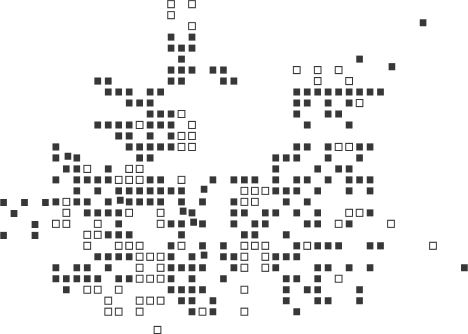KSI network for energy and resource efficiency of municipal wastewater companies in the Mosel-Eifel-Hunsrück region
In a network funded by the municipal guideline, 9 municipalities and municipal utilities have joined forces and held regular meetings over three years to discuss technical and formal issues relating to energy efficiency and renewable energy at pumping stations and sewage treatment plants. The network participants received expert support from the engineering firms Dr Siekmann und Partner from Thür, BITControl from Nattenheim and Kunz Rechtsanwälte from Mainz. The network was initiated, organised and managed throughout the entire period by the engineering firm HSI from Trier.
The network work was very fruitful for the network participants and the technical advisors. Energy efficiency projects and the status of the plants in the network were presented and discussed. The network participants operate a total of over 90 wastewater treatment plants ranging from a few hundred to 50,000 population equivalents. Inevitably, there was a lot of focus on the issues of plant operation and modernisation concepts in rural areas.
The technical and, in particular, formal aspects of the potential of renewable energies at sewage treatment plants and pumping stations, their design and integration into the plant operation took up a great deal of space. With the help of legal advice, ways of marketing surplus electricity were also sought. On the one hand, the balancing group is proving to be a very interesting means of generating and consuming surplus electricity on a decentralised basis within an operator organisation. Unfortunately, the formal hurdles here are still very high. The collaborative approach to this topic is very helpful for everyone. Various balancing group procedures are now being developed.
The nine participating municipal wastewater companies have their own CO2-balance sheet, then determined their energy-saving potential and subsequently calculated the required amount of additional PV systems in order to reduce the electricity demand to a CO2-neutrality. On average, each of the nine wastewater companies would have to install PV systems covering an area of just over one hectare to achieve this goal.
Many potential analyses and feasibility studies have been carried out in the network. The measures developed there are already being implemented by several participants.






